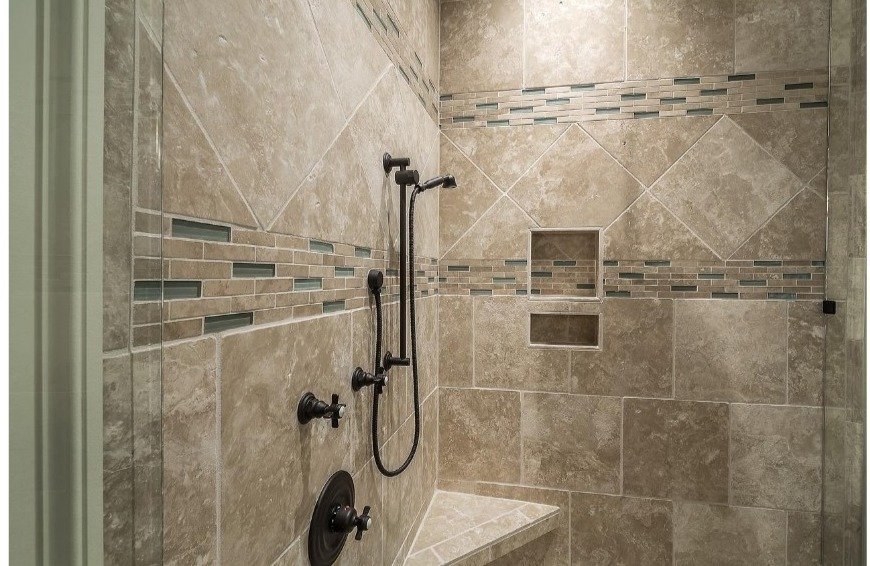How Frequent You Should Hire a Pool Maintenance Service and Why: Expert Insights
Taking care of a pool can be a time-consuming task that many owners might find overwhelming. Hiring a pool maintenance service can greatly simplify this responsibility and ensure your pool stays in top condition. While some people opt for daily attention, others might find that weekly maintenance suffices. This choice largely depends on the size of the pool, usage frequency, and local environmental factors.
Regular maintenance is key to avoiding expensive repairs down the line. For instance, clogged filters can damage pool pumps, leading to costly repairs that could have been prevented with routine checks. Professional services like Poolie's repair services offer regular maintenance that covers everything from cleaning to checking chemical levels. In some areas, like Austin, residents can easily get reliable pool service to keep their pool pristine and ready for use.
Efficient pool maintenance can save time and money in the long run. Pool owners who try to do it all themselves might miss important details that professionals would catch. By hiring a service, you get the peace of mind that your pool is being well-cared for, ensuring safe and enjoyable swimming sessions all season long.
Determining the Frequency of Pool Maintenance Services
Pool maintenance frequency depends on several factors, including usage patterns, pool size, and seasonal changes. Properly assessing these factors can help you decide when to schedule professional services.
Assessing Pool Usage and Requirements
The way a pool is used greatly impacts how often it needs maintenance. A heavily used pool, such as one in a multi-family home or frequently hosting pool parties, will require more frequent service. Regular skimming and checking chemical levels can be done daily or weekly.
For pools mostly used on weekends or occasionally, fewer visits may be needed. Maintaining a regular schedule for tasks like chemical balancing and checking filtration systems ensures the pool stays clean and safe. Always consult with a professional to gauge the specific requirements based on daily use and number of users.
Understanding Seasonal Pool Maintenance Needs
Seasonal changes also affect how often you should service your pool. During hot summer months, frequent use and higher temperatures can accelerate algae growth and chemical evaporation. This requires more frequent checks—perhaps weekly.
In cooler months or off-seasons, less frequent swimming often leads to a reduction in required maintenance. Monthly checks might suffice during this period, focusing on covering and protecting the pool. Adjust the maintenance plan accordingly to account for changes in weather and usage patterns to ensure the pool remains in optimal condition year-round.
Benefits of Regular Pool Maintenance
Regular pool maintenance is essential for ensuring a safe swimming environment, reducing costs, and extending the life of your pool. It provides many advantages that make the investment worthwhile.
Health and Safety Considerations
Maintaining clean pool water is important for health and safety, as proper maintenance keeps the water balanced and free of debris and harmful bacteria. This can prevent skin and eye irritations and more serious health issues caused by contaminants.
Regular checks and cleaning help avoid the buildup of harmful bacteria and algae. Clean and balanced water also ensures that chlorine and other chemicals work properly, adding an extra layer of safety for swimmers.
Long-Term Cost Savings
Consistent pool maintenance can save money in the long run. Keeping the water clean and equipment well-maintained reduces the need for expensive repairs. Proper chemical balance and filtration decrease the wear and tear on pool components.
Regular maintenance also cuts down on energy costs. A clean pool requires less frequent filtering and heating, which helps lower electricity bills. Routine checks help catch minor issues before they become major, costly problems.
Extending Pool Lifespan
Taking care of the pool regularly helps extend its lifespan. Consistent cleaning and maintenance prevent damage to the pool’s structure and equipment. Removing debris and checking for leaks can stop problems from escalating.
Proper care also preserves the pool’s aesthetic appeal. Clean water and well-maintained surfaces keep the pool looking inviting. Regular inspections help ensure that all parts, from the liner to the pump, are in good working order.
Regular pool maintenance benefits both the health and safety of swimmers, the financial aspects of pool ownership, and the pool's longevity.
Conclusion
Regular pool maintenance is essential for keeping a pool clean and safe. Hiring a pool maintenance service can save time and money by preventing costly repairs.
Professionals handle tasks like skimming, vacuuming, and checking chemicals, ensuring the pool stays in top condition.
Whether it's weekly, monthly, or less frequent, hiring experts can provide peace of mind and a well-maintained pool.






